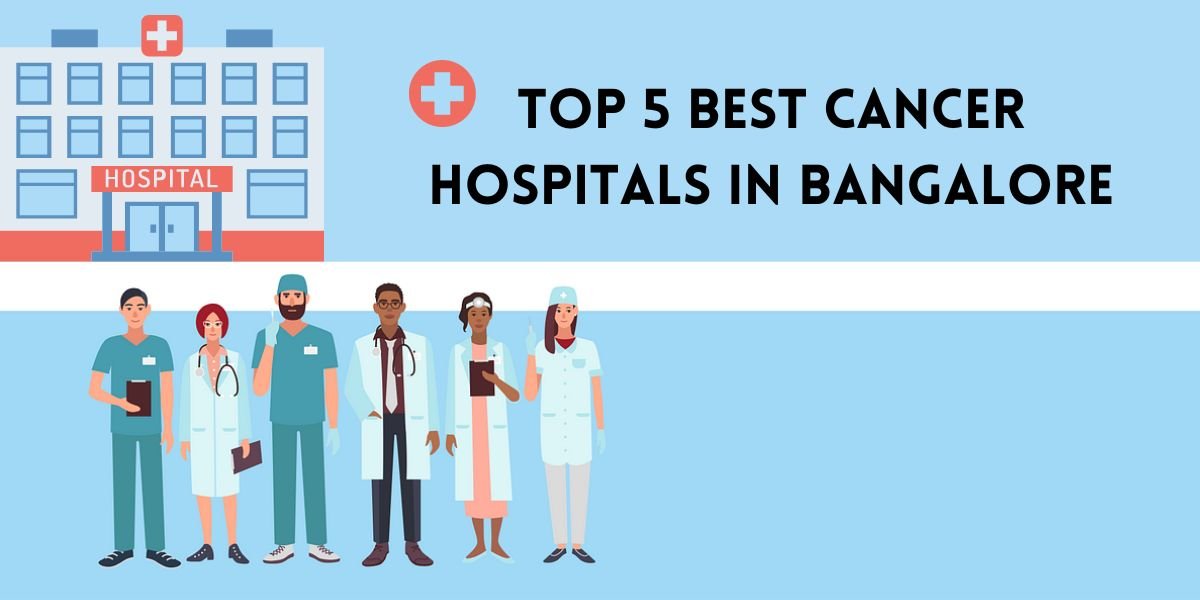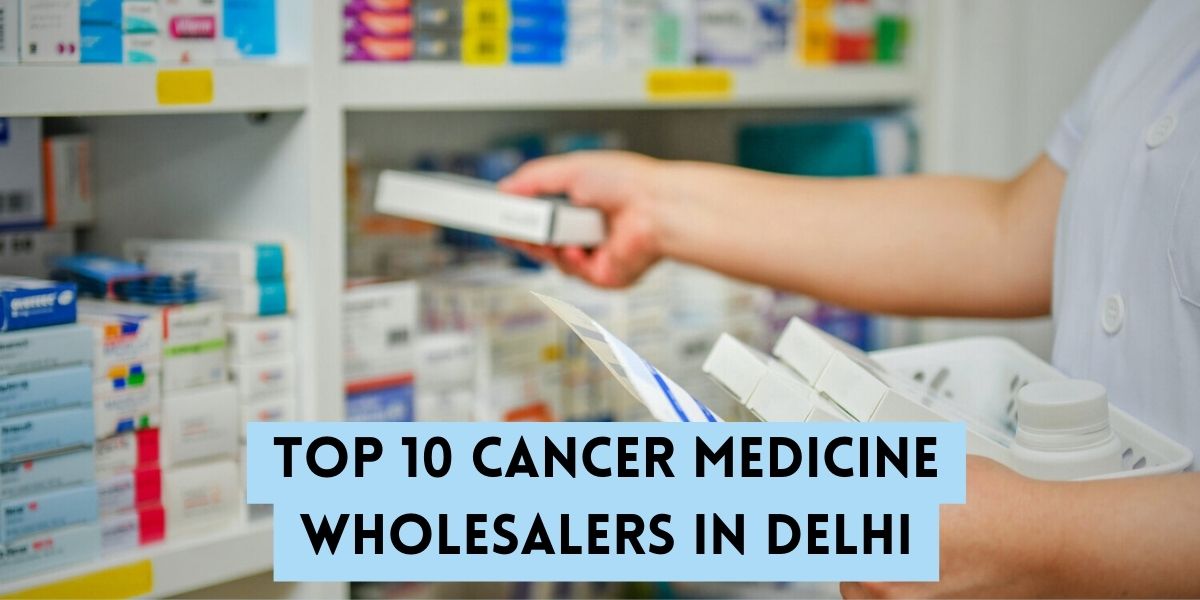BLOG
Medication Adherence in Cancer: Why It Matters and How to Improve It

When faced with a cancer diagnosis, the journey ahead is often challenging, filled with a complex regimen of treatments, appointments, and medications. Among these, taking medication as prescribed—referred to as medication adherence—is crucial. Yet, despite its importance, many cancer patients struggle with adherence. This issue can significantly impact treatment effectiveness, making it a critical topic for both patients and healthcare providers.
In this blog, we’ll explore why medication adherence in cancer treatment is so vital, the barriers patients may face, and practical strategies to improve adherence..
Why Medication Adherence is Crucial in Cancer Treatment

Cancer treatment often involves a combination of surgery, chemotherapy, radiation, and targeted therapies. These treatments are carefully designed to work together to stop the growth of cancer cells, shrink tumors, and prevent the spread of the disease. Medication, whether in the form of oral pills, injections, or intravenous therapies, plays a central role in this process.
When patients adhere to their prescribed medication regimen, they maximize the potential for these treatments to work effectively. Consistent medication intake helps maintain the right drug levels in the body, attacking cancer cells at the appropriate time and intensity. Non-adherence, on the other hand, can lead to suboptimal drug levels, reducing the treatment's effectiveness, and potentially allowing cancer cells to grow or become resistant to treatment.
For instance, in hormone-sensitive breast cancer, medications like tamoxifen or aromatase inhibitors are prescribed for long-term use to prevent recurrence. If a patient skips doses or stops taking the medication prematurely, the risk of cancer returning increases significantly.
The Barriers to Medication Adherence in Cancer

Despite the clear benefits, maintaining strict adherence to a medication regimen is often easier said than done. Various factors can contribute to this challenge:
1. Side Effects: Cancer medications, particularly chemotherapy and targeted therapies, can cause significant side effects, including nausea, fatigue, pain, and cognitive issues. These side effects can be so severe that patients may skip doses or discontinue treatment altogether in an effort to alleviate their discomfort.
2. Complex Treatment Regimens: Cancer treatment plans can be incredibly complex, involving multiple medications taken at different times of the day. Keeping track of these schedules can be overwhelming, especially for older patients or those with cognitive impairments.
3. Financial Constraints: The cost of cancer treatment can be prohibitive, especially for those without adequate insurance coverage. High out-of-pocket expenses may lead patients to skip doses to stretch their supply or avoid filling prescriptions altogether.
4. Psychological Impact: The emotional burden of a cancer diagnosis and treatment can be overwhelming. Depression, anxiety, and a sense of hopelessness can all negatively impact a patient's motivation to adhere to their medication regimen.
5. Lack of Support: Patients who do not have a strong support system may find it harder to adhere to their treatment plan. Whether it's reminding them to take their medication, providing transportation to appointments, or offering emotional support, the role of caregivers and loved ones is crucial in promoting adherence.
Strategies to Improve Medication Adherence

Given the importance of medication adherence in cancer treatment, it’s essential to explore strategies that can help patients stick to their prescribed regimens. Here are some practical approaches:
1. Patient Education: Ensuring that patients understand their treatment plan, the importance of each medication, and the potential side effects can empower them to take an active role in their care. Healthcare providers should take the time to explain the purpose of each medication and address any concerns or misconceptions.
2. Simplifying Regimens: Where possible, healthcare providers should aim to simplify treatment regimens. This might involve consolidating medications to reduce the number of doses taken each day or choosing medications with fewer side effects.
3. Side Effect Management: Proactively managing side effects is crucial for maintaining adherence. Patients should feel comfortable discussing their symptoms with their healthcare team, who can adjust doses, switch medications, or provide additional treatments to alleviate discomfort.
4. Financial Assistance: Patients should be informed about financial assistance programs that can help cover the cost of medications. Many pharmaceutical companies offer patient assistance programs, and non-profit organizations may provide grants or support to help with medication expenses.
5. Support Systems: Encouraging patients to lean on their support systems—whether it’s family, friends, or a formal support group—can make a significant difference. Healthcare providers can also connect patients with social workers or patient navigators who can help them manage the practical aspects of their treatment.
6. Use of Technology: Technology can play a vital role in improving adherence. Medication reminder apps, electronic pillboxes, and telemedicine appointments can help patients stay on track with their treatment. These tools can be especially useful for those with complex regimens or cognitive difficulties.
7. Regular Follow-Up: Regular follow-up appointments provide an opportunity for healthcare providers to check in on adherence, address any barriers the patient may be facing, and make necessary adjustments to the treatment plan. These check-ins reinforce the importance of adherence and allow for timely interventions if issues arise.
FAQ Medication Adherence in Cancer
1. What is medication adherence in cancer treatment?
- Medication adherence refers to how well a patient follows their prescribed medication regimen. In cancer treatment, this means taking the right dose of the right medication at the correct times, consistently, and for the duration recommended by the healthcare provider.
2. Why is medication adherence important in cancer treatment?
- Adherence to medication is crucial because it ensures that the treatment is as effective as possible. Skipping doses or not following the prescribed schedule can reduce the effectiveness of treatment, potentially leading to cancer progression or recurrence.
3. What are some common barriers to medication adherence for cancer patients?
- Barriers include severe side effects, complex treatment regimens, financial constraints, psychological challenges like depression and anxiety, and lack of support from family or caregivers.
4. How can side effects impact medication adherence?
- Cancer medications can cause significant side effects such as nausea, fatigue, and pain, which may lead patients to skip doses or stop taking their medication. Managing these side effects is essential to maintaining adherence.
5. What strategies can help improve medication adherence?
- Strategies include patient education, simplifying treatment regimens, managing side effects, offering financial assistance, providing support systems, using technology like reminder apps, and regular follow-up appointments with healthcare providers.
6. How can technology help with medication adherence?
- Technology can assist with adherence through medication reminder apps, electronic pillboxes, and telemedicine appointments, helping patients keep track of their medication schedules and stay connected with their healthcare providers.
7. What should I do if I miss a dose of my cancer medication?
- If you miss a dose, consult your healthcare provider as soon as possible for advice. Depending on the medication and timing, they may recommend taking the missed dose immediately, skipping it, or adjusting your schedule.
8. Are there financial assistance programs available to help with the cost of cancer medications?
- Yes, many pharmaceutical companies offer patient assistance programs, and non-profit organizations may provide grants or financial support to help with the cost of medications. Discussing options with your healthcare provider or a social worker can help you find the right resources.
9. How can family and caregivers support a cancer patient’s medication adherence?
- Family and caregivers can help by reminding patients to take their medications, assisting with managing side effects, providing transportation to appointments, and offering emotional support.
10. What role does regular follow-up play in medication adherence?
- Regular follow-up appointments allow healthcare providers to monitor adherence, address any issues or barriers, and adjust the treatment plan as needed. These check-ins are crucial for ensuring that patients remain on track with their treatment.
11. Can medication adherence impact cancer survival rates?
- Yes, adhering to prescribed medication regimens can significantly impact survival rates. Consistent adherence helps ensure that the treatment is effective, reducing the risk of cancer recurrence or progression.
12. What should I do if I’m struggling with medication adherence?
- If you’re finding it difficult to stick to your medication regimen, it’s important to speak with your healthcare provider. They can help identify the challenges you’re facing and work with you to find solutions, whether it’s adjusting your treatment plan, providing additional support, or connecting you with resources.
Conclusion
Medication Adherence in Cancer is not just about following doctor's orders it's about giving oneself the best possible chance at beating the disease. While the challenges of adhering to a cancer treatment regimen are significant, they are not insurmountable. By understanding the barriers and implementing practical strategies, patients, caregivers, and healthcare providers can work together to ensure that adherence becomes an achievable goal. In doing so, patients can continue their journey toward recovery with confidence, knowing they are doing everything possible to support their health.
-
 Asviia Injection
Asviia Injection
₹22,401.00Original price was: ₹22,401.00.₹16,100.00Current price is: ₹16,100.00. -
 Bdpazo 400mg Tablet
Bdpazo 400mg Tablet
₹3,510.00Original price was: ₹3,510.00.₹2,850.00Current price is: ₹2,850.00. -
 Bevacirel 400mg Injection
Bevacirel 400mg Injection
₹56,889.56Original price was: ₹56,889.56.₹12,500.00Current price is: ₹12,500.00.
Top 5 Heart Hospitals in India
-
Posted by
admin
- 0 comments
Top 5 Cancer Hospitals in India
-
Posted by
admin
- 0 comments
Top 5 Cancer Hospital in Delhi
-
Posted by
admin
- 0 comments
Prostate Cancer – Causes, Symptoms, and Treatment in India
-
Posted by
admin
- 0 comments
Non-Small Cell Lung Cancer
-
Posted by
admin
- 0 comments
Chemotherapy for Breast Cancer
-
Posted by
admin
- 0 comments
Chemotherapy Drugs for Stomach Cancer
-
Posted by
admin
- 0 comments
5 Things To Know About Colorectal Cancer Screening
-
Posted by
admin
- 0 comments
Top 5 Anti-Cancer Medicine Suppliers in Delhi
-
Posted by
admin
- 0 comments
Top 5 Cancer Hospitals in Mumbai
-
Posted by
admin
- 0 comments
Top 5 Best Cancer Hospitals in Bangalore
-
Posted by
admin
- 0 comments
Top 10 Cancer Medicine Wholesalers in Delhi
-
Posted by
admin
- 0 comments











